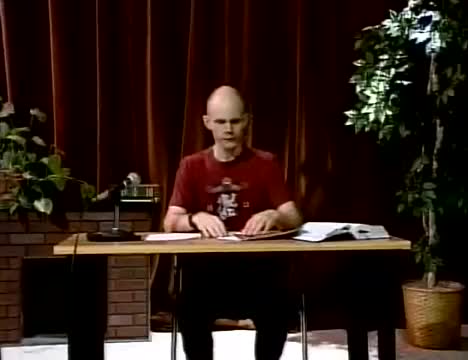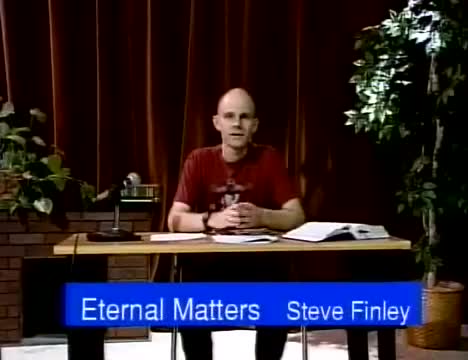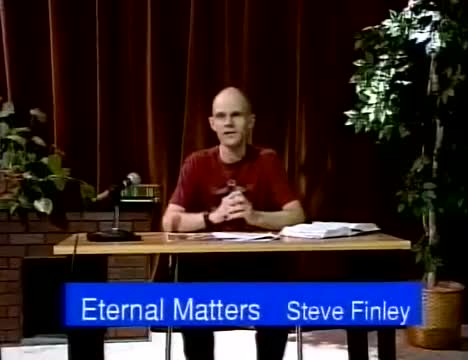Article not found
This article is no longer available. But don't worry—we've gathered other articles that discuss the same topic.

Steve Finley links underage drinking to 'kicking God out' of schools, calls for moral instruction

Steve Finley calls abortion 'detestable' on Eternal Matters, urges repentance

Steve Finley criticizes Missoula's gay culture on air, calls homosexuality a sin but condemns violence

